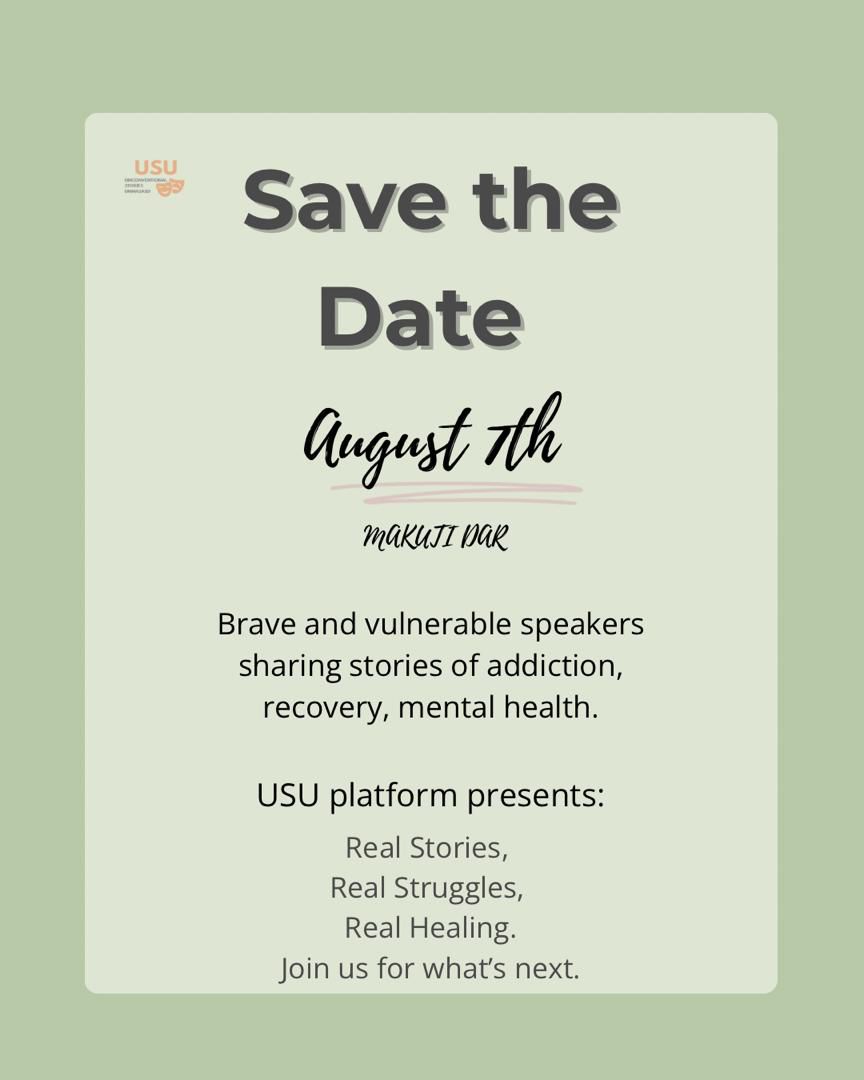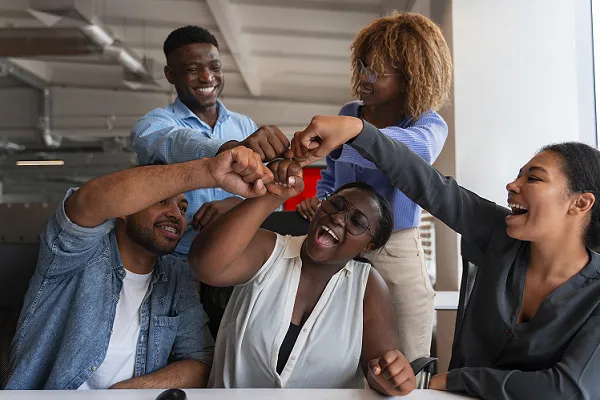IMPACTFUL AFFIRMATION: I am Proud of you

“Nobody knows how far you’ve come but you, and that’s enough.”
Unknown
I started 2025 as I ended 2024—sober, less anxious, and sleeping better. I’m not depressed, not grieving the loss of my father, nor the end of my last relationship. Not being extremely sad about missing my kids. For the first time, I’m walking daily, excited about pursuing my 2025 dreams, no longer emotionally eating.
Personal Reflections
All these victories might seem small to others, but for me, they’re monumental because managing my ADHD, maintaining my sobriety, and being emotionally, psychologically, and physiologically balanced is the difference between me being apathetically overwhelmed with procrastination or feeling action-oriented, motivated, and moving mountains.
Medicine called Self-Pride
A song clip, “I Hope You Know I’m Proud of You,” moved me deeply. It reminded me of a moment last year when I attended a Christian counseling retreat seminar. The facilitating priest, who is a counselor, asked me to measure my recovery in percentages. I instinctively said, “11%.” Someone chuckled, but the priest silenced them. “Nobody knows how far 11% is to Sunday,” he said. “Only he knows how far down possibly negative digits-wise he was.” That acknowledgment brought tears because someone validated my journey.
Foundation Building
The last 2+ years have been about building a strong base for my recovery—messy with lapses and a relapse, but steady. I’ve learned to affirm myself, criticize less, and fall forward. Now, as I look in the mirror, I tell myself, “I am proud of you, Sunday. Nobody knows how far you’ve come.”
This year, I’m not just building on that foundation—I’m building a new home for my attitude, success, and dreams. When external validations arrive, I no longer invalidate myself or others because I know my Imposter syndrome and the medicine is called high self-esteem and confidence.
Understanding Low Self-Esteem & Imposter Syndrome
Globally, 85% of people struggle with low self-esteem at some point. In Africa, stigma surrounding mental health amplifies this issue. Imposter syndrome—a belief that you don’t deserve your success—affects over 70% of professionals worldwide, yet remains under-addressed.
Recovering addicts are ultra sensitive and vulnerable, knowing they have hurt people, missed out on opportunities, and are trying to change. Recognizing these struggles can lead to meaningful support and healing.
Daily Actions to Affirm Yourself
1. Celebrate Your Wins: Write down one thing you’ve accomplished daily, no matter how small. Do this every day this year.
2. Speak Kindly to Yourself: Practice replacing negative self-talk with affirming statements like “I am enough, I am Proud and I got this.”
3. Surround Yourself with Encouragers: Seek people who uplift and challenge you constructively. Naysayers and negative people will put you down.
Call to Action
To recovering addicts: I see you. May you see yourself as the courageous person that you are, and know that you’re not alone in recovery.
To caregivers: I recognize you’re sacrifice, empathy, forgiveness, and support, may grace continue to guide you.
To professionals: I honor you and will keep promoting counselling as an important component to long-term recovery. Keep providing life-changing support.
To everyone: Let’s appreciate the progress addicts and alcoholics make in recovery —whether 11% or one step—and help each other rise.
Conclusion
Let this article and the Facebook clip linked here remind us: progress in recovery is personal and worth celebrating. Affirm yourself today. You’re doing better than you think.









